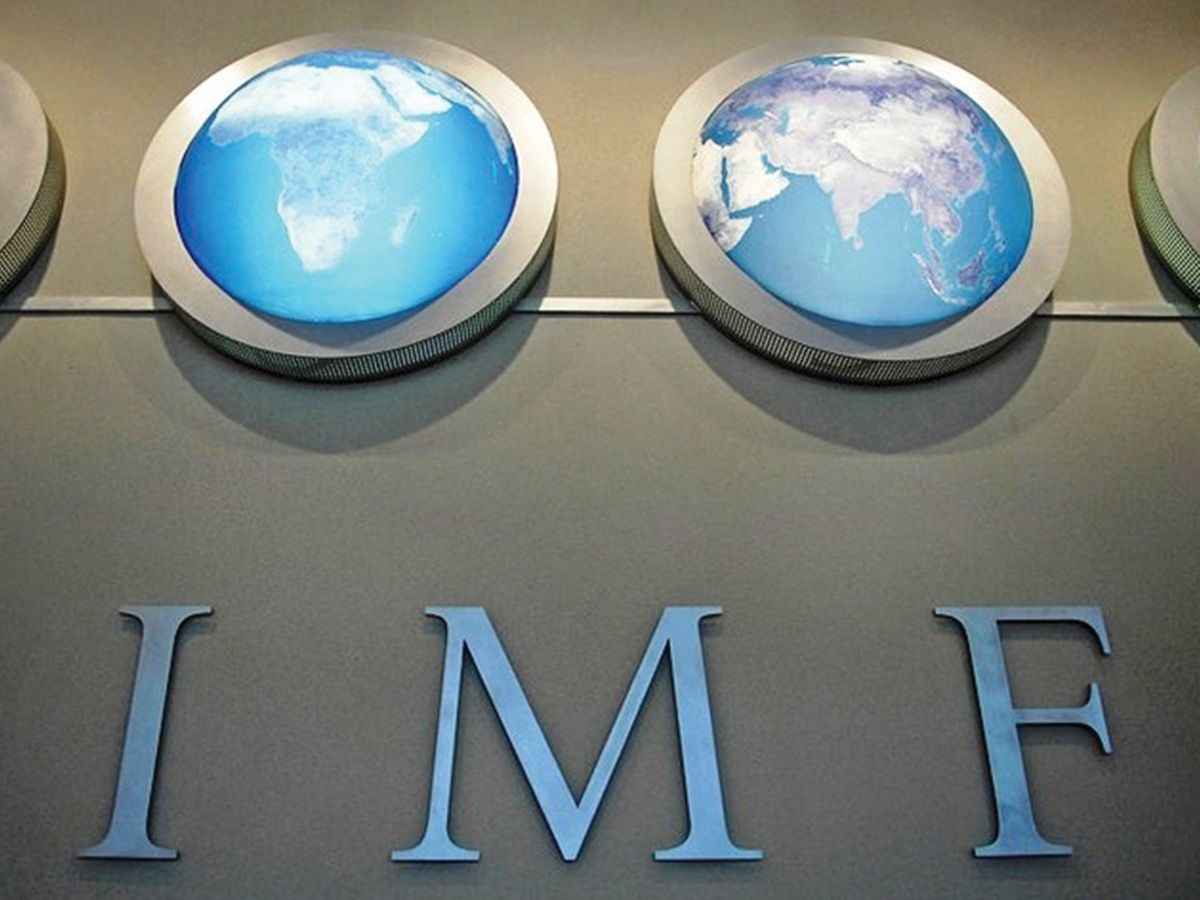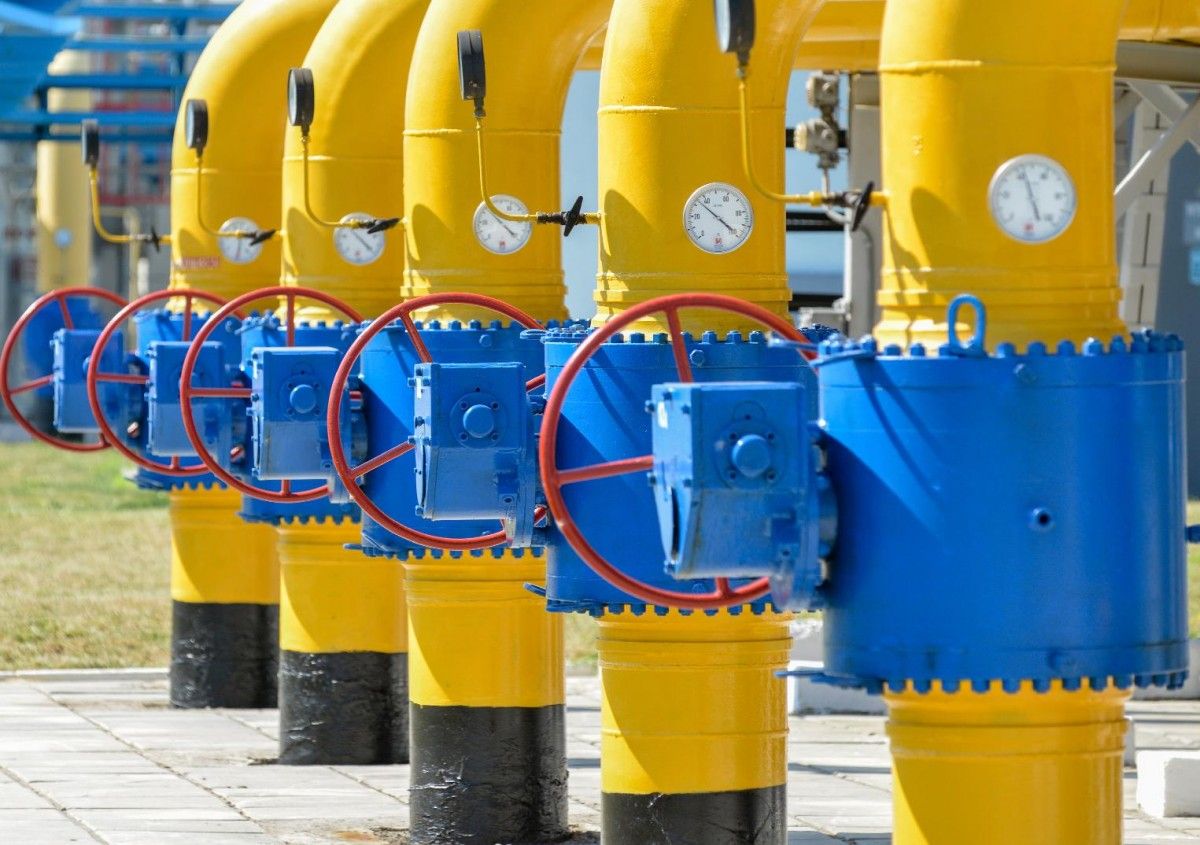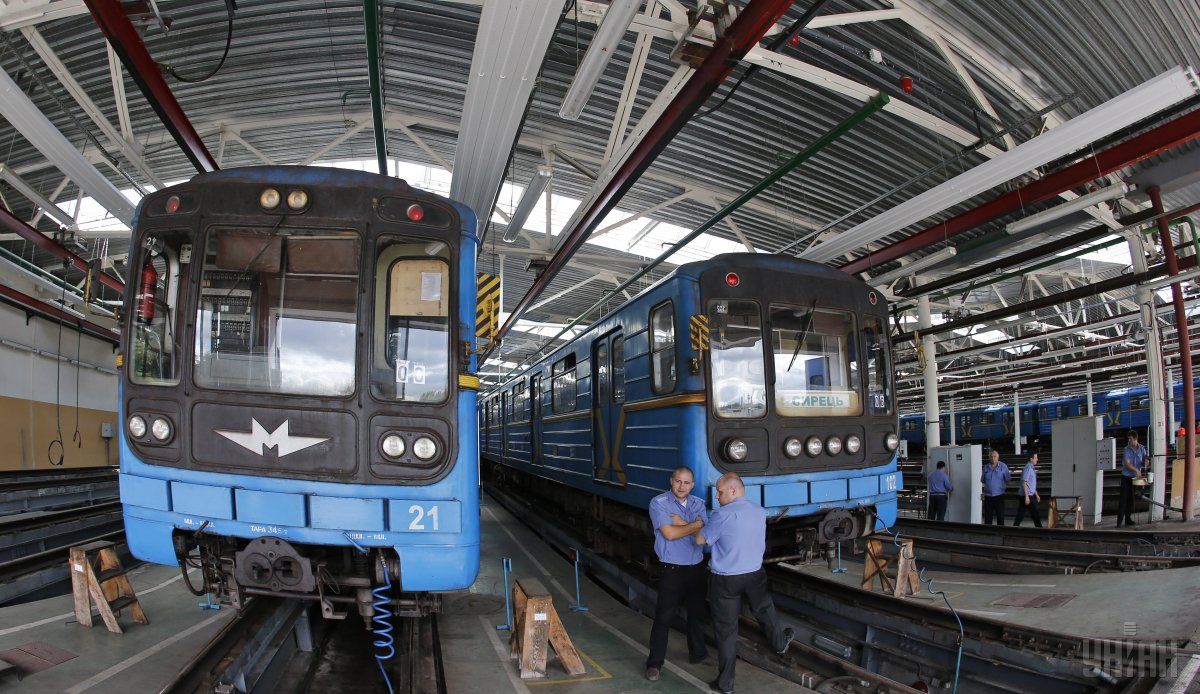
Week's balance: Groysman the guardian, a gas transit challenge, and a 'clot' of Ukraine's economy
The president has criticized the public and journalists for highlighting only bad things in the development of Ukraine, the prime minister has called on law-enforcers to cease pressure on businesses, the finance minister is still hopeful of getting an IMF disbursement by the end of the year, while the Ukrainian railways operator Ukrzaliznytsia's management has presented an optimistic plan for reforming one of the country's most corrupt companies – these are the main economic events of the outgoing week.
To distract the public from ongoing protests outside the Verkhovna Rada's building, the authorities pompously held a meeting of the Council for Regional Development, attended by the nation's leaders, ministers and local officials.
President Petro Poroshenko was first to speak at the event. The head of state obviously wanted to jam a flow of negative information with positive news. He borrowed the topic of road repairs from the prime minister and began to narrate that during his presidency he has already made 133 working trips to the regions, where he opened parts of repaired highways, social facilities and enterprises. Yet, Poroshenko was surprised to know that people criticize him for "ribbon-cutting" on local sites and do not see such positive happenings.
"Of course, there are those who prefer to see negative things in everything. As the saying goes: 'If the [Ukrainian] trident had appeared on the Kremlin, they would have said it was not straight enough.' They also find causes for being unhappy, saying that roads aren't straight enough, bridges aren't long enough, theaters do not fit in the historical landscape, repairs block traffic, factories produce wrong goods, and even borsch [Ukrainian national soup] has a wrong recipe. They criticize that the president, the prime minister and the authorities cut the ribbons, and not even at global facilities, but –imagine that – at local ones," the president said, adding that "it would be much cooler to build a cosmodrome for intergalactic flights than a packing factory."
The president simultaneously slammed journalists for not focusing on positive things. Especially, two central television channels were reprimanded for having ignored a ribbon-cutting ceremony arranged to launch a large enterprise with thousands of jobs, which was attended by the head of state.
"Two central TV channels did not find it interesting. I was told they do not mention such things in programs, as editors consider them to be advertisement. And the investor who creates jobs is supposed to pay for this. Well, I am pleased to work both as a promoter and an advertising agent for positive change," Poroshenko said in an injured voice.
However, Prime Minister Volodymyr Groysman did not feel like sharing the president's aspiration for positive news. From the very first minute, he literally began to accuse law enforcement agencies of unprecedented pressure on businesses. To prove the facts, he cited statistics of the State Register of Court Rulings on raids and seizures of corporate accounts. If in 2016, according to the prime minister, investigators filed 94,000 requests for searches and more than 38,000 applications for the seizure of property, such cases from the beginning of 2017 have made up almost 60,000 and 30,500, respectively.
"We have no right to put up with this, we need to stop this. We must eliminate the epidemic of law-enforcers' pressure on businesses," the prime minister said.
The main conclusion made by the head of the government was that groundless and far-fetched raids on companies can be easily prevented – it is necessary to introduce criminal liability for such actions. A relevant draft law is about to be submitted to parliament.
In response to the prime minister's accusation, Prosecutor General Yuriy Lutsenko said that the problem of raids and arrests is complex. Without them, it would be impossible to prosecute fugitive ex-president Viktor Yanukovych's associates, to spot the assets hidden by them, not to mention the prevention of more frequent cases of money laundering.
As his contribution to the good news, the chief prosecutor announced a crackdown on various unlawful enrichment schemes elaborated by Yanukovych's team. "I know about many problems, but there is no systematic vertical collection of informal fees at the top – this has been destroyed," Lutsenko said.
Perhaps it is so. However, the media have massively been writing about methods used by law-enforcement agencies to deal with their political opponents. Yet, the prosecutor general did not give details. And there's nothing to be said. After all, no one can recall that the prosecutor general's office conducted searches in companies run by a "blind trust" [the author probably gives reference to Roshen Corporation transferred by President Poroshenko to a blind trust – Translator's notes]. And they cannot boast about large tax payments. But, judging by the rating of the richest people in Ukraine compiled by the Novoe Vremya weekly together with the Dragon Capital investment company, business is going very well for some people in power.
A tranche from IMF: "He loves me, he loves me not"

Ukrainian officials spent the outgoing week by guessing when the International Monetary Fund is going to lend money. And if in the middle of September the National Bank's heads swore that the IMF's funds would arrive before the end of the year, now the regulator is less optimistic. Now the Central Bank expects money from the Fund no earlier than the first quarter of next year.
"We expect that Ukraine will receive the IMF tranche worth $2 billion in the first quarter of 2018 and another tranche worth $1.5 billion within a year," NBU Deputy Governor Dmytro Sologub said at a press conference in the National Bank, thus radically changing his position.
This bluntness in forecasts given by the country's main bank so "strained" the main negotiator with the IMF, Finance Minister Oleksandr Danyliuk, that he was forced to urgently call a briefing, during which, "without blinking his eyes," he continued to insist that Ukraine has every chance to get the ill-fated disbursement of the Fund as early as this year.
However, the minister did not even try to conceal the fact that some efforts are required for this. In particular, the adoption of laws on privatization and an anti-corruption court. In fact, this is a minor thing compared with the fact that Ukraine has practically addressed all the painful issues (the introduction of market-oriented gas prices for households alone costs a lot).
However, the minister cannot but know that members of the political elite of the country do not like such little things. However, President Petro Poroshenko, under the pressure of the international community and foreign partners, including the IMF, for the first time has recently said in public that he did not mind creating the Anti-Corruption Court. Prior to that, he and Prosecutor General Yuriy Lutsenko were categorically against it.
As for new legislation on privatization, as is known, there are many populists and corrupt officials in parliament who are ready to block the fair and open sale of state assets.
"Everyone is aware of this, but I think it [the arrival of the IMF disbursement] may happen this year. It all depends on when the laws are adopted," Danyliuk said as if nothing had happened, though not giving more information.
But only mousetrap has free cheese. A statement by EU Commissioner for European Neighbourhood Policy and Enlargement Negotiations Johannes Hahn at the Civil Society Forum "Eastern Partnership" also shows that the West's attitude towards Ukraine has recently changed and not for the better.
Commenting on the possibility of drawing up a Marshall Plan for Ukraine, he said: "We are ready to give money but not without any incentives or conditions. Sorry, but so to say the level of trust is not very high, therefore we pay if something is done."
As one can see, Ukraine is not going to get money without the implementation of reforms. Therefore, we have to rely on our own strength. So far, the NBU predicts economic growth and has even reviewed upwards the forecast from 1.6% to 2.2% this year. As is the case with the forecast for inflation, it may reach 12.2% by the end of the year instead of the previously projected 9.1%.
According to the National Bank, the growth of inflation was fueled by payments of social benefits – increased pensions and minimum wages.
However, Social Policy Minister Andriy Reva pledged in parliament that raising pensions as part of the pension reform would neither push prices up nor weaken the hryvnia against the U.S. dollar.
Prime Minister Volodymyr Groysman's comment on price hikes was odd enough. According to him, going beyond its forecast, inflation demonstrates that the economy is growing.
"Our forecast showed that we will have inflation slightly exceeding 11%, but this is normal, as the economy grows: we invest more, people earn more," the head of government summed up.
How Ukraine can remain an operator of gas transit

The past week has seen the presentation by National Joint-Stock Company Naftogaz of Ukraine of its development strategy. According to Naftogaz CEO Andriy Kobolev, one of the biggest threats is a halt to gas transit shipments via Ukraine after the current contract between Naftogaz and the Russian gas monopoly Gazprom expires.
He mentioned the amount involved: "This year, we'll earn about $3 billion from gas transit through Ukraine. The loss of such an income will be a critically negative factor."
His position is shared by Ambassador of the United States, Ukraine's strategic partner, Marie Yovanovitch. She estimates the loss of the income is comparable to a 3% decline in GDP.
To remain a gas transit operator, according to Kobolev, Ukraine needs to involve European companies in the management of its gas transport system (GTS), as well as let European traders buy Russian gas on the eastern border of Ukraine instead of the western one, as it is now.
Naftogaz expects that the involvement of the Europeans in the management of the GTS will make gas transportation more transparent, minimizing the "toxic influence of corruption."
This will allow European traders to gain access to the capacities (the possibility of pumping gas) on the eastern border; they will be interested in talks with Gazprom on gas purchases there, which will require the placement of an order for transit services to be provided by the operator of the Ukrainian GTS and, thus, the country will be able to maintain gas transit shipments through its territory.
This option has already been discussed with European companies. And, according to Kobolev, there are four international players ready to consider the possibility of creating a consortium that will monitor the work of the Ukrainian GTS.
"Russia won't be on the list of members of this consortium," Naftogaz's head assured.
Ultimately, the success of maintaining transit will depend on the progress of a relevant reform. Naftogaz's board and the Ukrainian government, backed by the Energy and Coal Industry Ministry, are now fighting for controlling the process. The fact that the fight is fierce is proven by the resignation of all independent members of Naftogaz's Supervisory Board. This was noted with regret by international financial organizations, including the European Bank for Reconstruction and Development.
Ukrzaliznytsia: A clot of Ukrainian economy

Ukrzaliznytsia is back on the government's radar screen. For the first time after ex-head of this state railway operator, Polish rocker Wojciech Balczun suddenly left the company ("the fact that I have survived and come back is the greatest achievement," he told the Polish media upon return home), Prime Minister Volodymyr Groysman decided to review a development program for this largest state-owned enterprise, which was presented by Acting Chairman of the Board of Ukrzaliznytsia Yevhen Kravtsov at a government meeting.
According to him, the company planned to update one-sixth of the entire operated rolling stock by the end of 2018, which is neither more nor less up to 500 sleeping passenger cars.
Ukrzaliznytsia will also address the issue of diesel trains, since to date, according to Kravtsov, their wear and tear is 99%. Eleven diesel trains are expected to be bought by the end of 2019, and the acquisition of used trains abroad is not excluded as well.
It also deals with the critical situation around commuter railways. According to Kravtsov, they plan to repair 252 sections of commuter electric trains by the end of 2018, which is 20% of this segment of the state company's rolling stock.
Kravtsov repeatedly said in his report that the renewal of the rolling stock will be carried out at the expense of the wagons that are manufactured at Ukrainian enterprises. "This allows us to re-launch the entire branches of machine building, which have been standing idle for the last five to seven years," he said.
It is still unknown why the railways' incumbent head is so confident. After all, almost all tenders to build wagons have been sabotaged by a bogus company, which, for strange reasons, is located in the same business center, next to the office of an influential MP from the Petro Poroshenko Bloc, Oleksandr Hranovskiy.
However that may be, the prime minister decided to give carte blanche to Kravtsov. Moreover, the latter promised to buy 70% of new bedding sets for Ukrzaliznytsia and to install modern toilet systems and air conditioning next year.
In addition, electronic services will be updated. In particular, the company will launch an electronic ticket for local trains before the end of the year, and next year such an opportunity will be provided to passengers who travel to European Union member states. The company also plans to create a single ticket for railway and bus services.
However, passengers will have to pay for such "improvements." According to Kravtsov, Ukrzaliznytsia plans to raise passenger transportation fares in 2018. As for freight transportation, tariffs may go up as high as 15%. The increased tariffs should come into effect soon.
Meanwhile, Infrastructure Minister Volodymyr Omelyan is not so optimistic about Ukrzaliznytsia's plans, warning against being charmed by new formats of future passenger transportation. He believes that now the state company has stalled on the path of reforms and is in critical condition. Moreover, a catastrophic shortage of wagons hampers the work of large enterprises, which leads to idle time, preventing the economy from growing.
"The situation is really critical, a mere 15-20% of orders for railway services have been performed... The share of grain transportation, transportation of coal is 50%," the minister said.
"We've actually let Ukrzaliznytsia turn into a clot of the economy, since its customers do not increase their production without a transport component," he added.
But, perhaps, the most important conclusion of the minister is that all the reform plans of the new board of Ukrzaliznytsia can fail without anti-corruption efforts.
Vitaliy Rudenko, the head of AT Mehanika LLC, which is engaged in the production of rail fasteners, told UNIAN in an interview what mood prevails at the strategic state enterprise. It turns out that AT Mehanika has not been admitted to multi-billion-hryvnia railroad tenders for a decade, though it offers products that are much cheaper and of better quality than those produced by firms whose ultimate beneficiaries are influential MPs from the Petro Poroshenko Bloc, the [Bohdan and Yaroslav] Dubnevych brothers.
Olha Pavlovskaya

